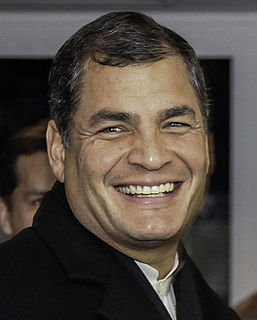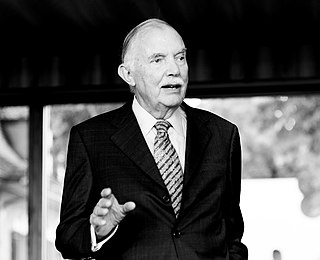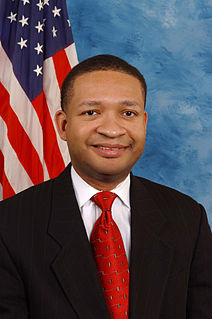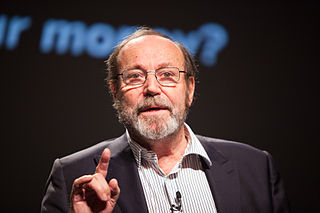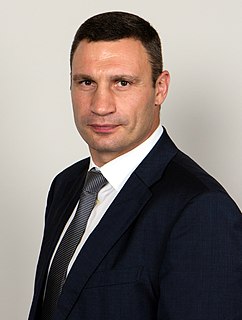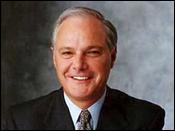A Quote by Rafael Correa
We're facing a crisis that we have not provoked, yet we are the main victims of the greatest crisis since the 1930s. It's not been generated by factors external to the system, but by factors that are of the very essence of the system: exacerbated individualism, deregulation, competition, and so on.
Related Quotes
Although this crisis in some ways started in the United States, it is a global crisis. We bear a substantial share of the responsibility for what has happened, but factors that made the crisis so acute and so difficult to contain lie in a broader set of global forces that built up in the years before the start of our current troubles.
Capitalism is a powerful producer of output, crisis-mongering on the left notwithstanding, and this too makes the system seem to have a lot of promise. This is why it is so important to agitate against the system in good times and bad. We can't depend on some super crisis to get folks thinking but instead have to focus on all of the contradictions of the system which cannot be ultimately resolved by it.
So perhaps the most worrying single remark made by a responsible banking official during the current crisis came from Jochen Sanio, the head of Germany's banking regulator BaFin. He warned on Aug. 1 that his country could be facing the worst banking crisis since 1931 - a reference to the collapse of Austria's Kredit Anstalt, which provoked a wave of bank failures across Europe.
While it is becoming increasingly obvious that the fundamental architecture of a system has a profound Influence on the quality of its human factors, the vast majority of human factors studies concern the surface of hardware (keyboards, screens) or the very surface of the software (command names, menu formats).
Obviously, our most pressing need is subsistence for the most vulnerable victims of Katrina, but we should not overlook the fact that the victims of Katrina also include middle-class Americans who have saved and invested, but now face an economic crisis, .. They should be able to tap into their savings and meet this crisis without facing an unfair penalty.
When Cuba lost their fossil fuel pipeline when the Soviet Union collapsed in 1990. Overnight they had no choice, they had to transition to clean energy, they didn't have any fuel to burn, and they also had to transition to a healthy food system, an organic system - their economy is crashing, this was not a planned transition. This was a crisis, but a crisis nonetheless, in which pollution went away. And it's very instructive to see what happened to their health.
Basically, for any complex to be sustainable needs to have a balance between two factors: resilience and efficiency. These two factors can be calculated from the structure of the network that is involved in a complex system. A resilient, efficient system needs to be diverse and interconnected. On the other hand, diversity and interconnectivity decrease efficiency. Therefore, the key is an appropriate balance between efficiency and resilience.
Keep in mind that, when I came in, we had had a crisis that was the worst we've seen since the 1930s, and working with people like Chancellor Merkel, working with the G-20 and other institutions internationally, we were able to stabilize the financial system, stabilize the US economy and return to growth.
When I was in government, the South African economy was growing at 4.5% - 5%. But then came the global financial crisis of 2008/2009, and so the global economy shrunk. That hit South Africa very hard, because then the export markets shrunk, and that includes China, which has become one of the main trade partners with South Africa. Also, the slowdown in the Chinese economy affected South Africa. The result was that during that whole period, South Africa lost something like a million jobs because of external factors.
The global financial crisis is a great opportunity to showcase and propagate both causal and moral institutional analysis. The crisis shows major flaws in the way the US financial system is regulated and, more importantly, in our political system, which is essentially a bazaar of legalized bribery where financial institutions can buy themselves the governmental regulations they want, along with the regulators who routinely receive lucrative jobs in the industry whose oversight had formerly been their responsibility, the so-called revolving-door practice.
